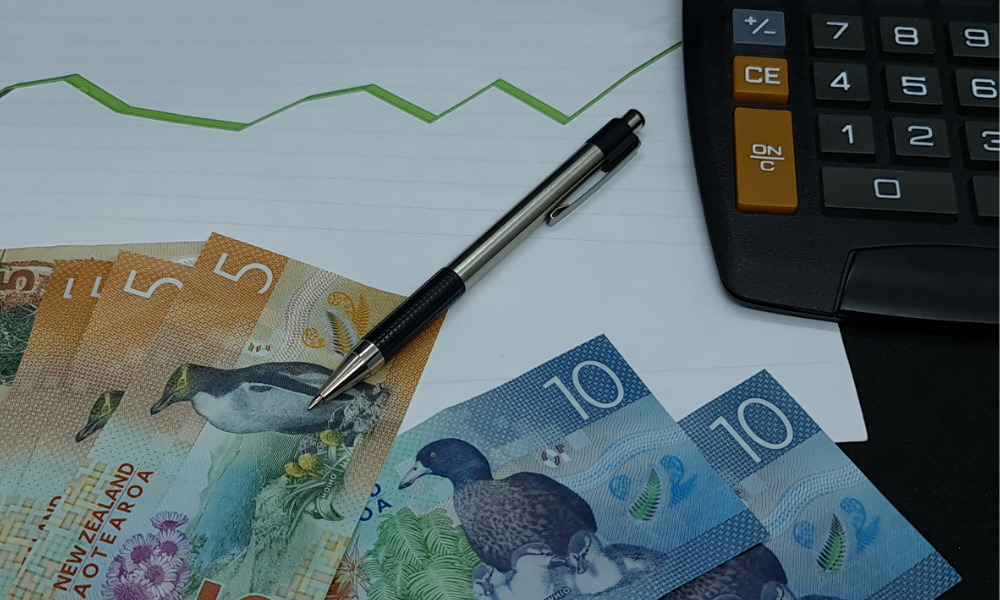
Employees say it's too little, but employers think it's too much

New Zealand's lowest-paid workers will get a minimum-raise in April, according to Workplace Relations and Safety Minister Michael Wood.
The increase will see the lowest-paid workers receiving $21.20 per hour, while starting-out and training minimum wage will also be hiked to $16.96. According to Wood, the wage hike will directly benefit around 300,000 workers.
"For someone working a 40-hour week on the minimum wage, this increase will see them earning an extra $48 a week, and almost $2,500 more each year," he said in a statement.
The minister attributed the pay raise to the contribution of workers to the country's COVID-19 response.
"Many Kiwis who earn the minimum wage have gone above and beyond in our fight against COVID-19. We remain committed to supporting New Zealanders by raising their wages, as we continue to recover and rebuild from the pandemic," he said.
"With the arrival of Omicron, we are once again calling on many of our frontline workers – such as cleaners, supermarket workers, and security guards – to keep the country running as the virus spreads and cases begin to increase. I think everyone agrees those contributing so much to our COVID response deserve a pay rise."
He added that the wage increase will also help stimulate the economy as many workers with extra money will spend them on goods and services, which could ultimately help businesses.
Wood said that the government's wage relief and resurgence packages have assisted the labour market from the impact of COVID-19, adding that it will remain committed to supporting employees and employers amid the pandemic.
Read more: New Zealand reports record-low unemployment rate
Following the announcement, unions and businesses have shown divided takes on the wage hike, but one thing is for sure: they don't agree with it.
New Zealand Council of Trade Unions president Richard Wagstaff said that unions were hoping for more from the government, Radio New Zealand (RNZ) reported.
"It's good, but as I say, we'd be looking for more," Wagstaff said as quoted by RNZ.
According to the official, they are looking forward to the government's introduction of fair pay agreements, which he said will " bring a much more sophisticated approach to setting basic conditions for industries, so that's got to be part of the answer too."
On the other hand, Business NZ called the six per cent increase in the minimum wage a "slap in the face for struggling business."
"This increase comes at a time when businesses are under extreme pressure from fast rising costs in labour, capital, and in their supply chains, and when some are fighting for their very existence," said Business NZ chief executive Kirk Hope.
"It is a big increase to the minimum wage, at very short notice, that businesses have had little time to get ready for."
According to Hope, without additional support for businesses under the Red COVID-19 restrictions, the wage hike is a "cruel regulation" that adds to struggling businesses in 2022.
"We call on the Government to increase support for businesses affected by this crushing compulsory increase to the minimum wage."
New Zealand's minimum wage hike was announced after the country reported its highest level of inflation in 30 years, according to RNZ's report, with the Living Wage increased to $22.75.